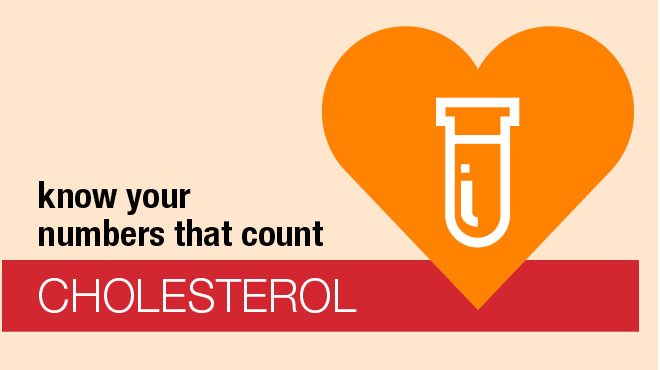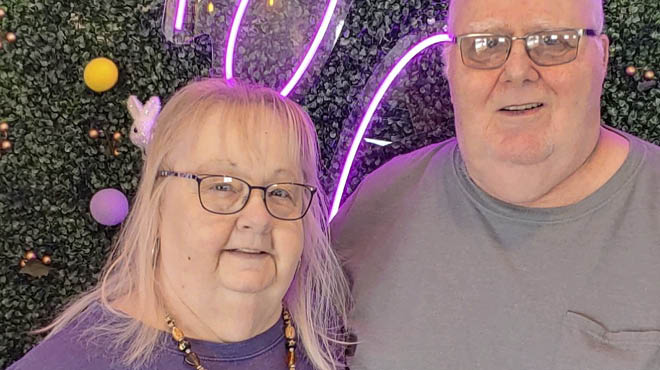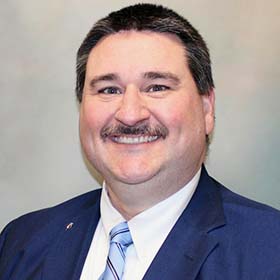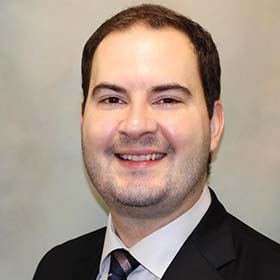
Cardiology (Heart)
- Overview
- Why Choose Us?
- Pediatric Cardiology
- Diseases & Treatment
- Diagnostic Tests
- Heart Care Services
- Prevention & Self Care
- When to Make an Appointment
- Heart Disease Risk Calculator
Recent Blogs
Cardiology (Heart) in Eau Claire Visit Cardiac Surgery
Heart disease continues to be the nation's No. 1 health problem. Mayo Clinic Health System in Eau Claire is here to help you and your family prevent heart-based complications and provide lifesaving treatment when you need it most. Our cardiologists and heart care team collaborate every day to provide you with the benefit of Mayo Clinic heart care close to home.
U.S. News & World Report rated Mayo Clinic Health System in Eau Claire as High Performing in aortic valve surgery, heart attack and heart failure. Learn more about our awards and accreditations.
The cardiology team's commitment to bring you the latest advances in diagnostic testing and surgical procedures helps you remain close to your home and family so you can get back to what you love sooner. We are specialty trained in preventing, diagnosing and treating the heart, including coronary artery disease, heart arrhythmia, high blood pressure, congestive heart failure and peripheral artery disease.
Call us to schedule your appointment. No referral is necessary.
Locations
Luther Campus Clinic
1400 Bellinger St., Eau Claire, WI 54703- Appointments:
- 715-838-6320
- Hours:
- Mon-Fri:8:00 AM - 5:00 PM





